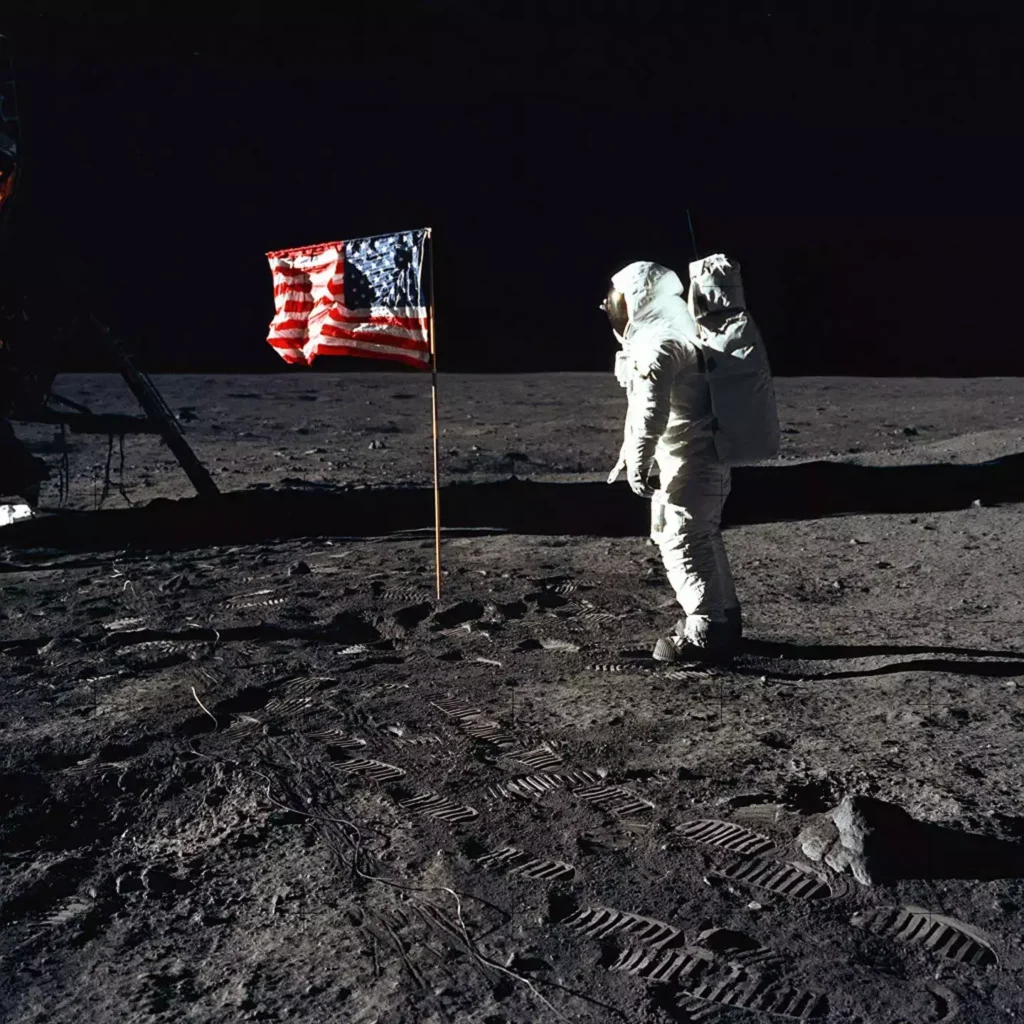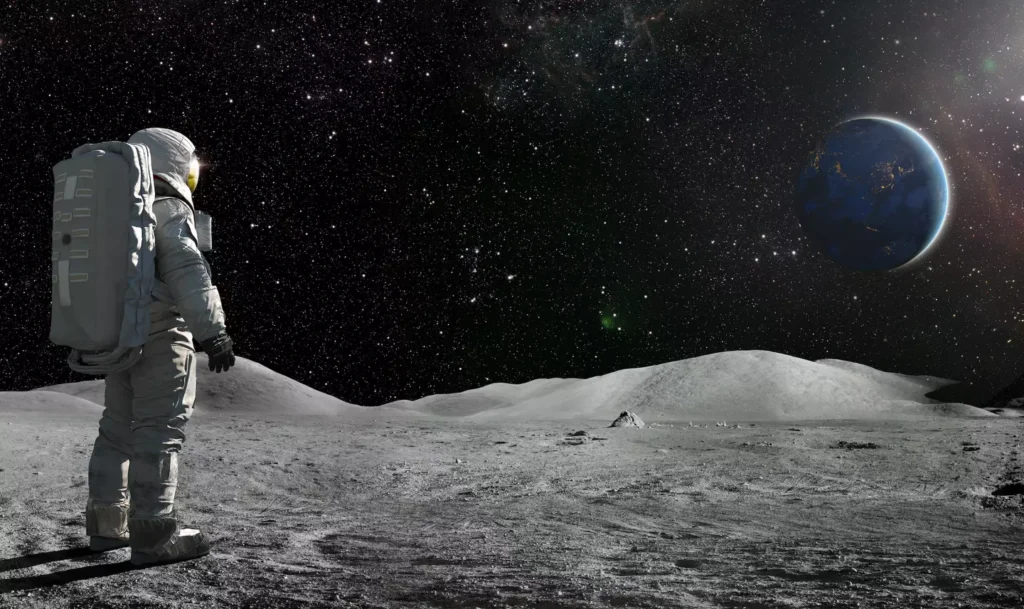For generations, humanity has harbored the ambition of reaching the moon. We accomplished this remarkable feat several times, only to eventually conclude, “Well, that’s enough of that.”
If you were witness to the historic Apollo 11 moon landing in 1969—the groundbreaking moment humans first set foot on the celestial body—it would be understandable to expect a more substantial human presence there by now.
During the 1970s, discussions of future moon tourism may have abounded, with imaginative ideas perhaps including the prospect of a lunar theme park or even a casino. However, what likely didn’t cross their minds was the notion that the last time a human would walk on the moon would be as early as 1972.
Undoubtedly, NASA’s accomplishment of putting twelve individuals on the moon stands as one of the space agency’s most remarkable achievements, if not one of humanity’s greatest accomplishments altogether.
Indeed, the cessation of lunar exploration does raise the question: why did we halt our return trips to the moon?
There are myriad reasons to revisit the dusty celestial orb in the sky, and NASA has announced intentions to return U.S. astronauts to the moon around the late 2026 timeframe.
Why the extended pause initially?
Astronaut Jim Bridenstine, who helmed NASA during the Donald Trump administration, has clarified that the delay isn’t due to scientific or technological constraints.
In a 2018 discussion with reporters, he remarked, “If it weren’t for the political risks, we would already have landed on the moon.”

Heritage Space/Heritage Images via Getty Images
“The political risks were the deterrent. The program’s duration stretched too long, and the expenses escalated excessively.”
Indeed, it often boils down to a blend of politics and economics in such scenarios.
NASA’s budget for 2023 stands at $25.4 billion, with the Biden administration urging Congress to increase it to $27.2 billion for 2024.
While the figure might seem substantial, it’s crucial to note that the total budget is distributed across various divisions and ambitious projects within the agency.
To provide context, the US defense budget for 2023 amounts to approximately $858 billion.
Additionally, because the funds are government-allocated, the approval process by Congress can often be sluggish, potentially impeding the pace of progress.

NASA putting 12 people on the moon remains one of the greatest achievements of the space agency(Getty Stock Image)





